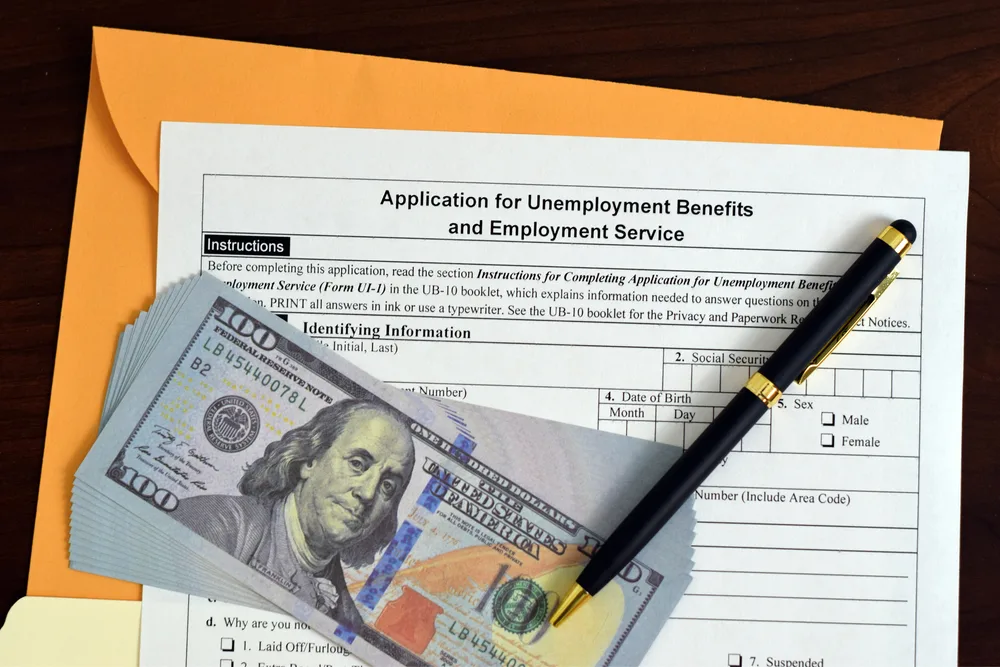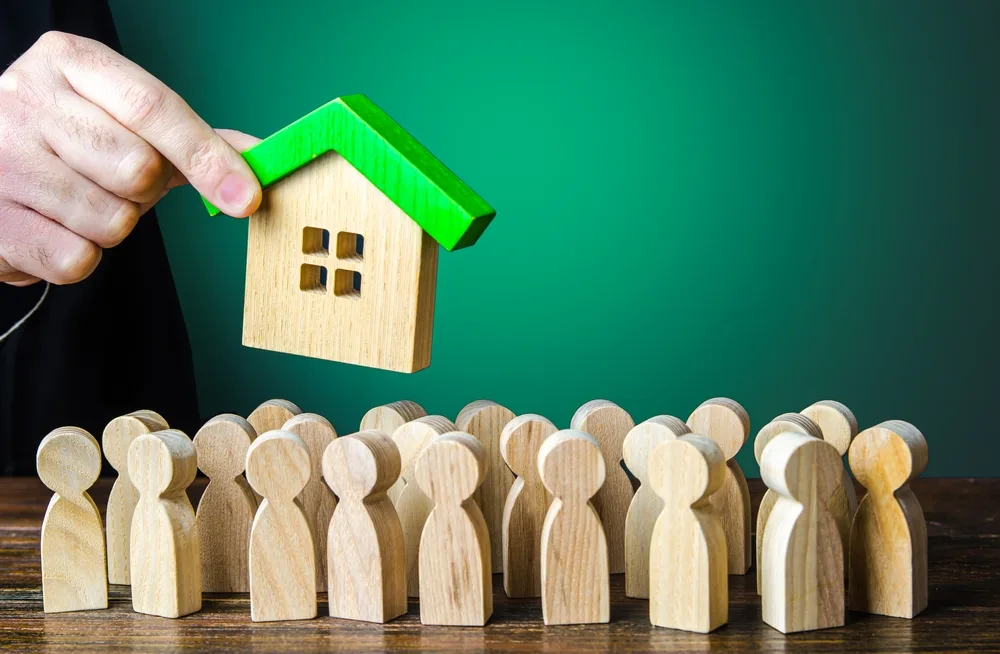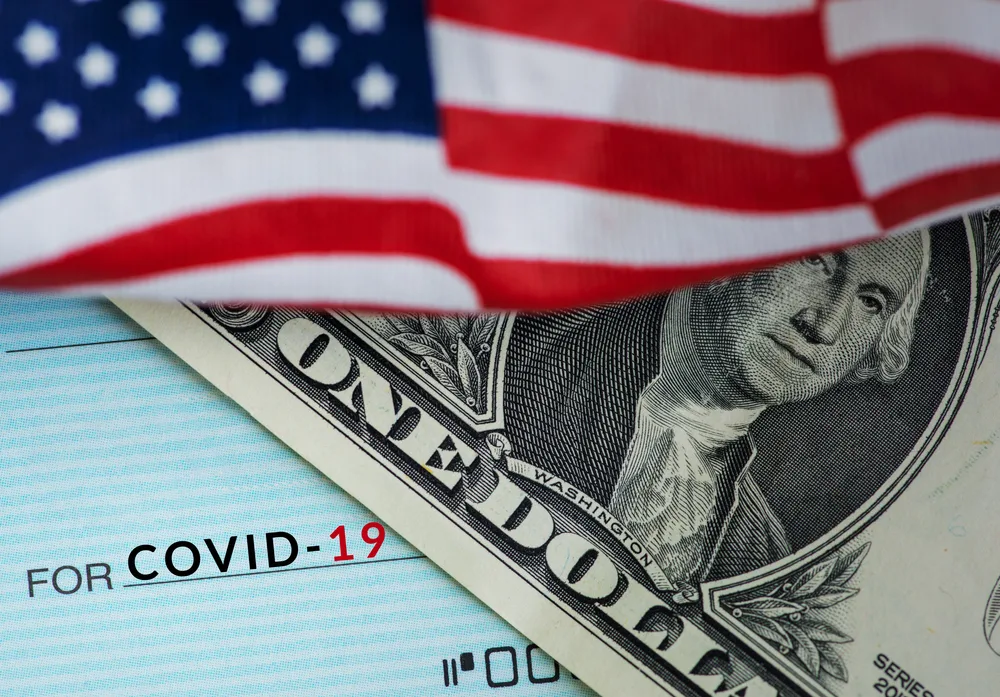
Almost everything costs money. Even unemployed people have bills. If you’re currently without a steady income and are struggling to pay your housing, utilities, food, and other expenses, then you may be wondering how you will come up with the funds to pay them in the near future.
Fortunately, there are ways to finance your essential living expenses so that you will not have to make sacrifices or go without necessities like food or heat in the winter.
One way to get financial aid when you need it is through friends and family members who can loan you money.
However, if they aren’t able to do so or you don’t feel comfortable asking them for help, there are other options available. Read on to learn seven ways to raise money for your bills.
Borrow from a Bank or Credit Union
Depending on your situation, you may be able to secure a short-term loan from a bank or credit union. Although you will have to pay it back with interest within a short amount of time, this is a good option if you have bad credit or no credit at all.
If you receive a loan from a family member or friend, you should make sure to write up a contract to avoid confusion and make the terms of the agreement clear. If you decide to take out a loan from a financial institution, be sure to read the contract thoroughly to make sure you understand the terms and repayment requirements.
You also want to keep copies of all important documents such as the loan application, promissory note, and a signed contract. If you have trouble paying back the loan, you can attempt to negotiate a new repayment plan with the lender.
There are companies like Lend Money, which offer short-term loans, that specialize in helping people who don’t have good credit.
If you decide to take out a short-term loan, be sure to read the contract, keep a copy of all important documents, and make payments on time to avoid repossession or garnishment.
Negotiate with Your Creditors
If you have been unable to make payments on your existing debts, you might have experienced some creditor harassment. However, if you have a valid reason for why you were unable to make your payments, you may be able to negotiate a debt forgiveness plan with your creditors.
Debt forgiveness plans are deals where the creditor agrees to forgive part or all of your debt in exchange for you paying a reduced amount going forward. If your creditors agree to a debt forgiveness plan, make sure to get it in writing and keep copies of all important documents.
Utilize a Credit Repair Company
Credit repair companies are for-profit businesses that promise to lift your credit score and help you solve your financial problems. Unfortunately, some credit repair companies have questionable business practices and will not actually help you improve your credit score.
However, at the very least, paying for a credit repair service can stop collections from contacting you and may stop your credit score from getting worse.
If you can afford to pay for a credit repair service, choose a company that is certified by the Better Business Bureau and has a money-back guarantee.
Try Crowdfunding
If you are trying to raise money for a specific purpose, such as paying off a bill, you may want to consider setting up a crowdfunding account. There are a few different types of crowdfunding websites, including donor-advised funds and peer-to-peer funding.
Before you choose a site, research the company and read customer reviews. You will want to make sure that the site is secure and that you read and understand its terms of service.
Crowdfunding can be a great way to connect with people who support your cause and raise money to pay your bills.
The only downside is that you may not receive the full amount if your campaign does not reach its goal.
Check if You’re Eligible for Assistance
You may be eligible for government assistance if you have difficulty meeting your basic needs or paying your monthly bills.
In the U.S., you can find out if you qualify for assistance by contacting your county’s social services office or by submitting an application online.
There are several programs that you can apply for in order to pay your bills. For example, you may be able to get food stamps if you have a low income, or you may be able to apply for a heating and utility assistance program.
Leverage Your Equity
If you own a house and are currently renting, consider taking out a home equity loan to pay off your bills. Before you decide to take out a home equity loan, make sure to run the numbers and see if it’s a smart financial decision.
If you have good credit, you may be able to get a home equity line of credit, which is a type of unsecured loan that you can draw from at any time. There are also home equity mortgages, which are loans that are used to finance the purchase of your home.
Get Help from a Professional Debt Consolidation Company
If you have multiple debts that are each under $10,000, consider working with a debt consolidation company. Debt consolidation companies help people with credit card debt and other unsecured loans negotiate a lower payment with their creditors and pay off their bills.
Before you choose a debt consolidation company, ensure they are certified and have an A+ rating with the BBB.
Conclusion
There are many ways to raise money to pay your bills. Whether you need to come up with a few hundred dollars or a few thousand, there is help available.
You can turn to friends and family for assistance, or you can rely on a financial institution, government assistance program, or a professional debt consolidation company.
When you are facing tough times, it is important to remember that there are options. It is important to stay positive, keep your head up, and never give up hope.



